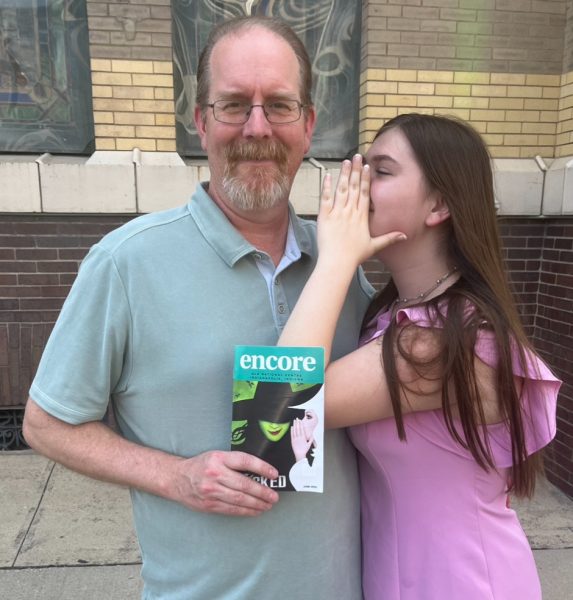Freedom with exceptions
Lawmakers reintroduce challenge for the removal of 13th Amendment exception
Lawmakers reintroduce challenge for the removal of 13th Amendment exception.
Juneteenth, now considered a federal holiday courtesy of the 2021 Congressional passing of The Juneteenth National Independence Day Act, commemorates the breaking of bondage. The day serves as a reminder that on June 19, 1865, Union troops finally made their way into Galveston Bay, Texas officially proclaiming a decree of freedom for more than 250,000 enslaved Black people in the state, people that had technically been ‘freed’ two years prior with the 1863 Emancipation Proclamation.
Though freedom from bondage was a clear step forward for millions of Black people herded to the U.S. like animals throughout the course of enslavement, the United States Constitution came to contain a seemingly small, but life-altering exception in its December 6, 1865, installment of the 13th Amendment.
Per this amendment, “Neither slavery nor involuntary servitude, except as a punishment for crime whereof the party shall have been duly convicted, shall exist within the United States, or any place subject to their jurisdiction.” It is with the words ‘except as a punishment for crime’, that the damage is done. These words breathed new life into the carcass of an institutionalized practice that claimed the lives, dignities and opportunities of countless Black people, leaving us now bonded to prison cells rather than plantations.
However, according to CNN, as of Wednesday, June 14, a united group of Democratic lawmakers (Sen. Jeff Merkley of Oregon, Sen. Cory Booker of New Jersey and Rep. Nikema Williams of Georgia) have officially set out to revive a joint resolution that would rectify this loophole to freedom.
The team hopes that the reintroduction of the “Abolition Amendment” will lead to the rectification of the antiquated clause and assert that “Neither slavery nor involuntary servitude may be imposed as a punishment for a crime.”
If this adaptation is to be implemented, it shall stand as a reminder, that there is no instance in which any individual should be subjected to or forced into slavery.
Enslavement through the prison system is not an issue that only alters the lives of Black inmates, it is an epidemic that affects the whole prison population, and the U.S. prison labor system. Yet, discussions surrounding it often live within larger conversations about racism, specifically against Blacks, because of the nation’s persistence to maintain the upper hand over its Black population and send us back into the cold, abrasive grasp of shackles. This persistence became evident with the installment of the exception, only 170 days after Union troops freed the remaining slaves in Galveston Bay.
“What we see after the passage of the 13th Amendment is a couple of different things converging,” Andrea Armstrong, a law professor at Loyola University in New Orleans, told History. “First, the 13th Amendment text allows for involuntary servitude where convicted of a crime.” At the same time, “black codes” in the South created “new types of offenses, especially attitudinal offenses.”
However, legalized efforts of disproportionate incarceration did not end there. Following black codes, were Jim Crow laws, legislation that enacted systems of apartheid for Black Americans separating us from white peers via segregation. Jim Crow laws sparked the civil rights movement, as activists began contesting segregation and yet, even after segregation ended, the War on Drugs fueled mass incarceration by inordinately filling America’s prisons with Black Americans, particularly men, and furthering racial control through the criminal justice system.
The historical pattern made clear by the various systems and techniques to imprison Black people stands to show why the removal of this exception is an important step in granting true and complete freedom, especially in light of Juneteenth and the freedom that was supposedly guaranteed.

Katrell is a senior at FHS. They are an overthinker who enjoys listening to music and writing poetry when they are not too focused on their upcoming article.












